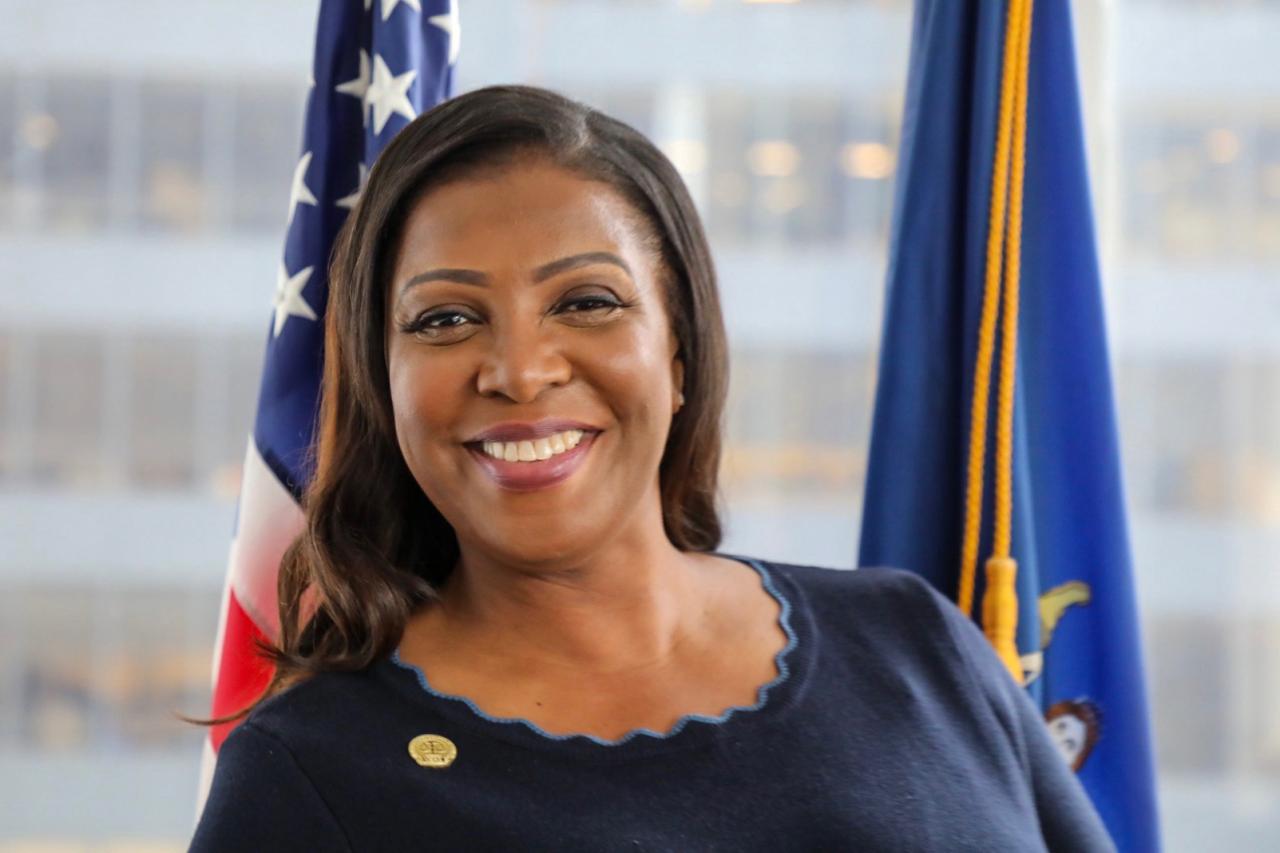Victims of domestic violence
Know your rights
Know your rights
Fair treatment in the workplace
Under New York State Human Rights Law, it is unlawful to discriminate against someone because that person is a victim of domestic violence.
- It is unlawful to discriminate against a domestic-violence victim in hiring or firing, conditions of employment, job advancement, requests for use of leave time, or in retaliation for filing a complaint of discrimination.
- Under New York Labor Law, a domestic-violence victim may be eligible to receive unemployment insurance benefits if the victim is able to provide documentation of the abuse and reasonably believes that continued employment would jeopardize safety.
- Domestic-violence victims who need time off for medical or mental health care are protected under the disability and reasonable accommodation provisions of the New York Human Rights Law and the Family Medical Leave Act if the leave is due to their own serious health condition or the serious health condition of a qualifying family member that resulted from domestic violence.
New York City and Westchester laws also provide protection to victims of domestic violence.
The New York City Human Rights Law and Westchester Human Rights Law prohibit employers from firing or discriminating against a person because the individual is or is perceived to be a victim of domestic violence, sex offenses, or stalking. These laws also require employers to make reasonable accommodations to actual or perceived victims of domestic violence, sex offenses, or stalking, as long as such accommodations do not cause undue hardship for the employer.
Your right to fair housing
It is illegal for landlords to refuse to rent to domestic violence victims or to refuse their federally subsidized housing vouchers.
New York law protects victims of domestic violence from discrimination when they attempt to rent or lease housing. It also provides victims with a defense in eviction proceedings and a private right of action.
The Violence Against Women Act protects victims of domestic violence, dating violence, sexual assault, or stalking who are living in federally subsidized housing. Under this law, it is illegal for a landlord participating in federally subsidized housing programs, such as Section 8 housing, to deny or terminate voucher assistance based on victim status.
New York City’s Living in Communities program provides rental assistance for victims of domestic violence.
New York City’s Living In Communities program provides housing vouchers for eligible domestic-violence victims. Landlords in New York City are prohibited from discriminating against tenants because they receive Living In Communities housing vouchers or any other lawful governmental rental assistance.
Buffalo, Hamburg, West Seneca, Westchester, Nassau, and Suffolk County also prohibit governmental rental-assistance discrimination.
There are laws to protect those who leave their home to escape violence.
- New York state law allows tenants who have existing orders of protection to get the court to terminate their leases, despite their landlord’s refusal.
- New York City law protects a victim who flees a primary residence temporarily due to violence. If the tenant expresses intent to return to the dwelling, the landlord must give the tenant 30 days’ notice before attempting to retake the premises.
Other protections
Under New York law, you can get temporary orders of protection electronically and have them translated.
A 2015 pilot program in several family courts allows domestic-violence victims to seek temporary orders of protection through electronic means rather than having to appear in person. the orders of protection can also be translated into the victim’s language when necessary.
Westchester County provides additional protections for domestic-violence victims.
- Places of public accommodation are prohibited from discriminating against victims of domestic violence.
- Landlords are prohibited from denying housing and from refusing leases or lease renewals to victims under certain circumstances. Victims seeking protection may be asked to present documentation of their abuse, which landlords are required to keep strictly confidential.
Note: These provisions do not apply to single-family homes or owner-occupied buildings with four or fewer units.
Filing a complaint
In the case of a life-threatening situation, always remember to call 911 first.
- New York State Division of Human Rights
- Office of the New York State Attorney General
Office of the New York State Attorney General, Civil Rights Bureau
28 Liberty Street, New York NY 10005
212-416-8250
1-800-788-9898 (TTY)
Information about victims' rights
New York State Division of Human Rights
One Fordham Plaza, 4th Floor, Bronx NY 10458
1-888-392-3644
718-741-8300 (TTY)
dhr.ny.gov
New York State Office for the Prevention of Domestic Violence
26 Federal Plaza, Room 3541, New York NY 10278
518-457-5800
212-264-0927 (TTY)
opdv.ny.gov
opdvdvworkplace@opdv.ny.gov
U.S. Department of Housing and Urban Development Fair Housing Enforcement Center
26 Federal Plaza, Room 3532, New York NY 10278
1-800-496-4294
212-264-0927 (TTY)
For a full list of resources across the state please visit: ocfs.ny.gov/programs/domestic-violence/providers.php


